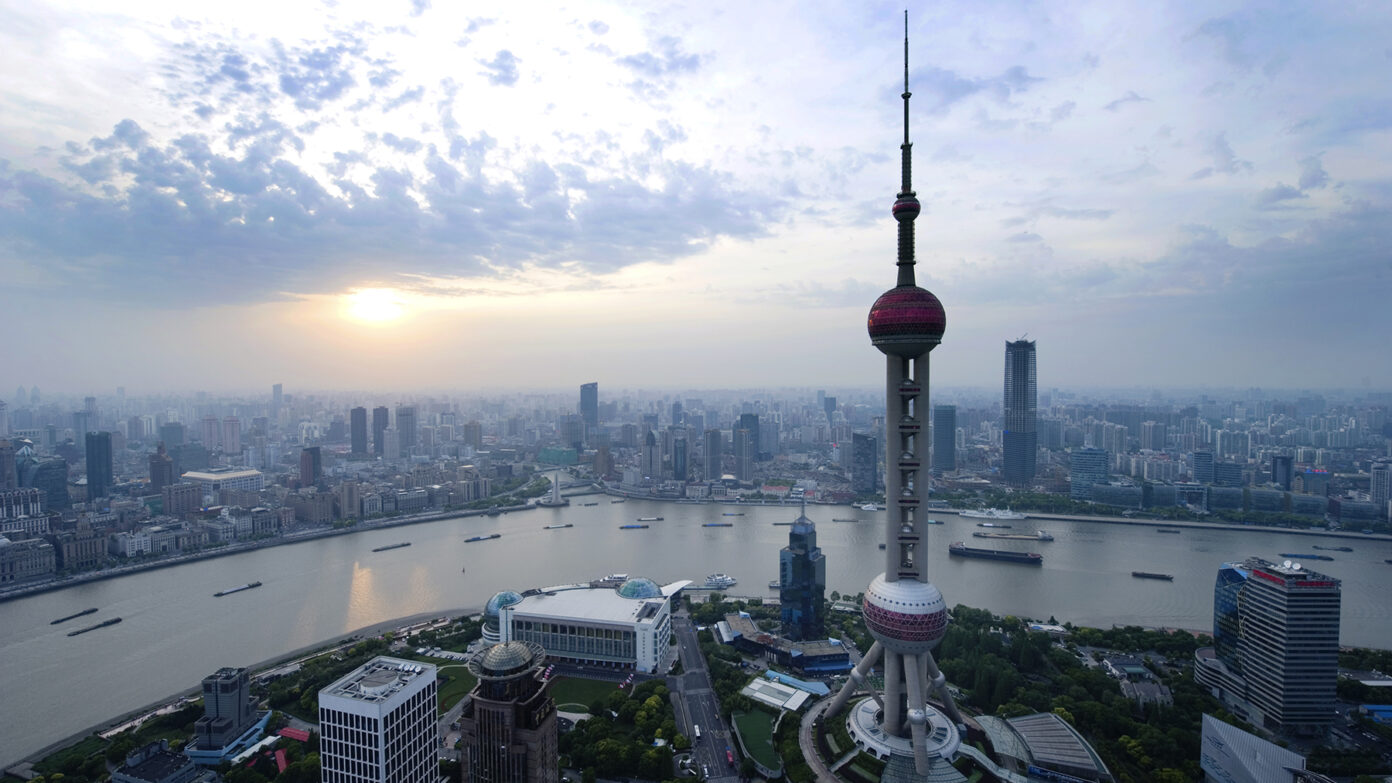Too much focus on uncertainties could be holding back economic recovery

In just four years from 2008 to 2012 the world economy suffered four unusually large shocks: a doubling in oil prices, a major financial crisis, the worst recession since World War II and then – just when things were starting to improve – the euro crisis.
This succession of shocks has left business, investors and policymakers fixated with risks – an obsession that may be holding back economic recovery and making policymakers overcautious.
Behavioural economists call it ‘disaster magnification’ – this tendency to expect more shocks after several recent ones. It is the opposite of ‘disaster myopia’, the tendency to ignore tail risks after a period of stability (as in 2007).
Since 2012, shocks have been less severe but, given the focus on risks, have added to uncertainty and fed the fear
These may be basic instinctive survival responses: if a cave bear has just killed a villager, greater vigilance is warranted in case it returns, whereas if no cave-bears have been seen for a long time, the risk can be more safely ignored.
Since 2012, shocks have been less severe but, given the focus on risks, have added to uncertainty and fed the fear. The biggest new shock has been China’s slowdown, though this has unfolded gradually. We have also had the Ukraine crisis, Middle East wars, Ebola and the collapse in oil prices.
Reasons to be optimistic
Of course there are always risks. The smouldering euro crisis could re-erupt, China’s slowdown could intensify, or the political tensions around the world could turn into a major confrontation. But the developed countries are growing now, some strongly, like the US and UK and even the euro area has emerged from recession. And there are opportunities too, upside possibilities.
The euro area has a lot of potential catch-up growth after six years of weakness, China is stimulating its economy and reforming, and other countries, such as India, are transforming their economies.
Moreover, in case something major does go wrong, balance sheets are much stronger than in 2007. And inflation seems to have evaporated almost everywhere, allowing central banks to be ultra accommodative. The European Central Bank hiked rates in 2008 and again 2011 for fear of inflation.
The Fed is terrified of moving too soon and damaging the recovery. Paradoxically, the reverse may be true
In fact the Federal Reserve (Fed) is probably being too careful now; unemployment is less than two years away from 2007 lows on current trends. The case for at least getting started in normalising rates is overwhelming, yet the Fed is terrified of moving too soon and damaging the recovery. Paradoxically, the reverse may be true. By continually emphasising the risks and uncertainties, the Fed may be worsening the situation, just as musing about the ‘Great Moderation’ may have blinded people to the risks in 2007.
True to today’s fixation on risks, some people worry that inflation is too low and that deflation beckons. But deflation is a long-term drag rather than a shock. People do not cut back spending just because the average inflation rate is slightly negative. Over time deflation damages debt sustainability and limits central bank effectiveness, but it has very little short-term impact on the economy.
Investors are focused on risk
At first sight the strong rise in developed stock markets in recent years as well as the low level of the VIX volatility index might suggest investors are not focused on risks. Our conversations with clients suggest otherwise. Many see high valuations as the result of quantitative easing and the consequent search for yield. Some worry that the level of valuations is a vulnerability in itself, if there is a new shock. Some see bubbles developing. Again, this focus on bubble risks, which is prominent too among some officials, is in stark contrast to 2007.
Certainly strong stock markets could be derailed in the event of a new recession. But central banks would probably respond with even more monetary easing, possibly including buying stocks themselves, given the difficulties of finding sufficient fixed income securities, particularly in Europe.
There are important risks and uncertainties in the global economy, but there are also significant potential upsides
For this reason, some fear that it will be good news that causes a market upset. If the US economy were to accelerate further over the next year (something expected by very few people), the Fed could over-react by tightening sharply. Even then, the current low level of inflation surely means that the risks of a major negative market reaction (such as 1987 when first bonds and then stocks crashed) is low before late 2016-17 at the earliest.
There are important risks and uncertainties in the global economy, but there are also significant potential upsides which can easily be forgotten. Risk and uncertainty never goes away; the belief that they have is dangerous, as we saw during the global financial crisis.
However, the experience of the large-scale shocks between 2008 and 2012 seems to be over-dominant in people’s thinking. Largely because everyone is so focused on risks, the dangers are actually lower than they were in 2007 when nobody worried much about anything and risk-taking was rife.
Important disclosures can be found in the Global Research Terms & Conditions
